CPR Classes Chicago, Il
Illinois Safety in Chicago, is an American Heart Association training site that offers CPR/AED classes that provide hands-on training from qualified instructors.
CPR Classes and Training Chicago, IL
Welcome to Illinois Safety, your one-stop-shop for top-quality CPR classes and training in Chicago, IL. If you’re looking to learn how to save a life and become CPR certified, you’ve come to the right place. CPR, or cardiopulmonary resuscitation, is a lifesaving technique used to restore blood flow and breathing in someone who has stopped breathing or whose heart has stopped. By taking a CPR class, you’ll gain the skills and knowledge needed to respond to emergency situations with confidence.
At Illinois Safety, our CPR classes are designed to teach you the latest techniques and best practices for performing CPR effectively. Our certified instructors will guide you through hands-on training, ensuring you get the practice and experience you need to feel confident in your abilities. Our classes cover a range of topics, including basic life support, automated external defibrillator (AED) use, and choking relief. You’ll learn how to recognize the signs of a cardiac emergency, how to perform chest compressions and rescue breaths, and how to use an AED.
Pediatric Advanced Life Support (PALS)
Looking for a PALS certification course in Chicago? The American Heart Association’s Pediatric Advanced Life Support (PALS) course has been updated to reflect the science in the 2015 AHA Guidelines Update for CPR and ECC.
Advanced Cardiovascular Life Support (ACLS) Classes
Advanced Cardiovascular Life Support (ACLS) is an advanced, American-Heart-Association-certified, instructor-led classroom course that highlights the importance of team dynamics and communication, systems of care and immediate post-cardiac-arrest care. The ACLS renewal course is approximately four to five hours long and the initial course is approximately six to seven hours long.
BLS Provider Training
This American Heart Association Basic Life Support (AHA BLS) classroom course is designed to provide healthcare professionals with the ability to recognize several life-threatening emergencies, provide CPR, use an AED and relieve choking in a safe, timely and effective manner. Come take our classes in Chicago, IL.
Heartsaver First Aid CPR AED
American Heart Association HeartSaver First Aid CPR AED is a video-based, instructor-led course that teaches students critical skills to respond to and manage an emergency in the first few minutes until emergency medical services arrives.
Frequently Asked Questions
Pediatric Advanced Life Support (PALS): PALS is a course designed for healthcare providers who respond to emergencies in infants and children. It covers topics such as pediatric assessment, basic life support, and advanced life support techniques.
Advanced Cardiovascular Life Support (ACLS): ACLS is a course designed for healthcare providers who respond to cardiac emergencies. It covers advanced techniques such as airway management, pharmacology, and electrical therapy.
BLS Provider Training: BLS, or Basic Life Support, is a course designed for healthcare providers who need to know how to perform CPR and other basic life support techniques. It covers topics such as chest compressions, rescue breaths, and AED use.
Heartsaver First Aid CPR AED: Heartsaver is a course designed for anyone who wants to learn basic first aid and CPR techniques. It covers topics such as choking relief, bleeding control, and CPR for adults, children, and infants.
We list all of our BLS CPR and HeartSaver CPR AED Classes at 2.5 hours long. Often, classes end up being less than two hours.
Wear something comfortable. We will be practicing hands-on skills during class, such as compressions, that require physical activity.
Don’t worry, it’s not that difficult. It’s designed to get you to pass, not fail. You may not even be required to take a traditional test where you answer questions and mark your answer if you take a classroom only course.
The American Heart Association requires everyone to come in person to complete their hands-on skills. You can take an all in person class or a hybrid (part online & part in person) class.
In class we will cover how to perform CPR, how to use an AED, and choking relief for adults, children, and infants.
Yes, the American Heart Association requires you to have your BLS CPR certification before attending an ACLS class. If your BLS certification has expired, when signing up for ACLS on our website, you can add on the same day BLS CPR course and complete both in one day!
We offer the American Heart Association BLS Provider Certification and the American Heart Association HeartSaver CPR AED Certification. Use our sign up program to view upcoming classes and sign up online.
Just visit our Illinois Safety Blog. We continually write about everything we do! Feel free to reach out to us should you have any questions!
Taking a CPR class can equip you with the skills and knowledge to save someone’s life in an emergency situation. Knowing how to perform CPR can help to keep someone’s heart and lungs functioning until medical professionals arrive on the scene. Additionally, many jobs require CPR certification, so taking a class can enhance your employability.
The best way to learn CPR is through hands-on training from a qualified instructor. In-person classes provide the opportunity to practice CPR techniques on a mannequin and receive real-time feedback from the instructor. Online courses are available but may not offer the same level of hands-on training and may not be accepted by some employers.
BLS (Basic Life Support) is a more comprehensive training course that covers a wider range of emergency response skills, including CPR, AED use, and first aid. CPR (Cardiopulmonary Resuscitation) is a technique used to maintain blood flow and breathing in a person experiencing cardiac arrest or other life-threatening situations.
Yes, CPR certification courses typically require a skills test, where you will be evaluated on your ability to perform CPR correctly. Some courses also require a written test.
CPR/AED certifications typically last for two years. After this time, you will need to retake the certification course and pass the skills and written tests to renew your certification.
Yes, you can perform CPR even if your certification is expired. In an emergency situation, it is better to attempt CPR even if you are unsure of the correct technique, rather than not attempting it at all. However, it is recommended to renew your certification as soon as possible to ensure you have the most up-to-date skills and knowledge.
Get Trained By Industry Leaders!
Having a well-trained and prepared team of healthcare providers is essential to ensuring the best outcomes for patients in emergency situations. Illinois Safety, located in Chicago IL, offers several courses that can help healthcare providers develop the necessary skills to respond to emergency situations effectively. These courses include Pediatric Advanced Life Support (PALS), Advanced Cardiovascular Life Support (ACLS), Basic Life Support (BLS) Provider Training, and Heartsaver First Aid CPR AED.
Pediatric Advanced Life Support (PALS)
Pediatric Advanced Life Support (PALS) is a course designed to equip healthcare providers with the skills necessary to recognize and respond to pediatric emergencies. The course covers a wide range of topics, including the assessment and treatment of respiratory and cardiac arrest, shock, and other life-threatening conditions that can occur in children. It is designed to prepare healthcare providers to respond to emergency situations involving infants, children, and adolescents, and is especially valuable for those who work in pediatric care or emergency medicine.
Illinois Safety offers a comprehensive PALS course that is taught by experienced instructors who provide hands-on training and interactive learning opportunities. The course is designed to provide participants with the knowledge and skills necessary to respond to pediatric emergencies confidently.
Advanced Cardiovascular Life Support (ACLS) Classes
Advanced Cardiovascular Life Support (ACLS) is a course that teaches healthcare providers how to respond to cardiovascular emergencies, including cardiac arrest, stroke, and other life-threatening conditions. It is designed to equip healthcare providers with the skills necessary to provide advanced cardiac life support in emergency situations, including the use of advanced airway management, pharmacology, and electrical therapy.
Illinois Safety offers an ACLS course that is taught by experienced instructors who provide hands-on training and interactive learning opportunities. The course is designed to provide participants with the knowledge and skills necessary to respond to cardiovascular emergencies confidently.
BLS Provider Training
Basic Life Support (BLS) Provider Training is a course that teaches healthcare providers the skills necessary to respond to life-threatening emergencies, including cardiac arrest and respiratory arrest. The course covers a wide range of topics, including the recognition and management of cardiac and respiratory arrest, the use of automated external defibrillators (AEDs), and the use of basic airway management techniques.
Illinois Safety offers a comprehensive BLS course that is taught by experienced instructors who provide hands-on training and interactive learning opportunities. The course is designed to provide participants with the knowledge and skills necessary to respond to life-threatening emergencies confidently.
Heartsaver First Aid CPR AED
Heartsaver First Aid CPR AED is a course designed to teach individuals how to respond to emergencies and provide basic first aid, CPR, and AED training. The course covers a wide range of topics, including the recognition and management of life-threatening emergencies, including cardiac arrest, choking, and bleeding. It is designed for individuals who are not healthcare providers but want to be prepared to respond to emergencies that may occur in their everyday lives.
Illinois Safety offers a Heartsaver First Aid CPR AED course that is taught by experienced instructors who provide hands-on training and interactive learning opportunities. The course is designed to provide participants with the knowledge and skills necessary to respond to emergencies confidently.
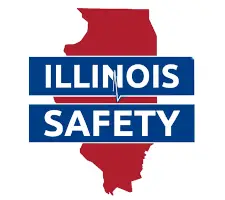
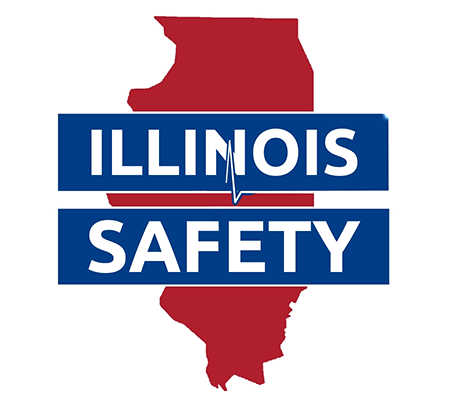

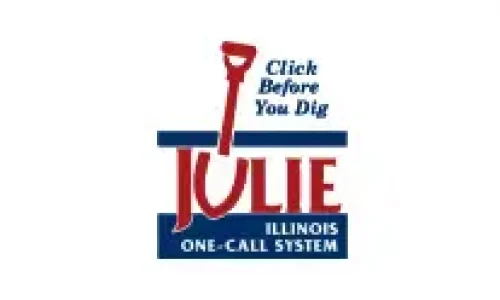
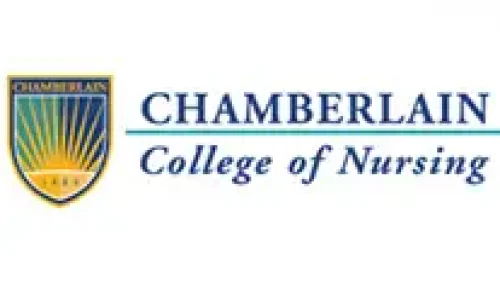


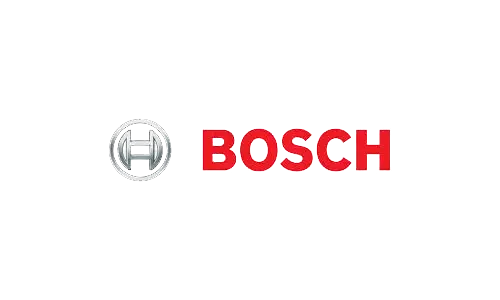
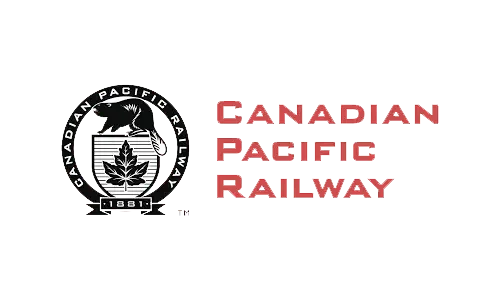
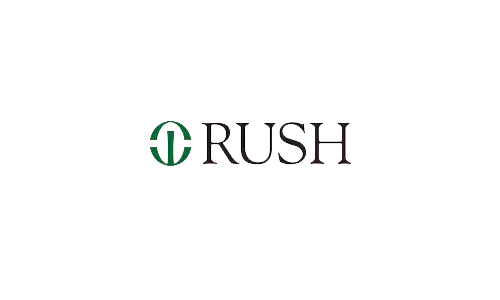

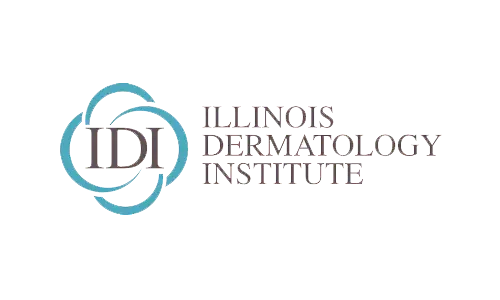
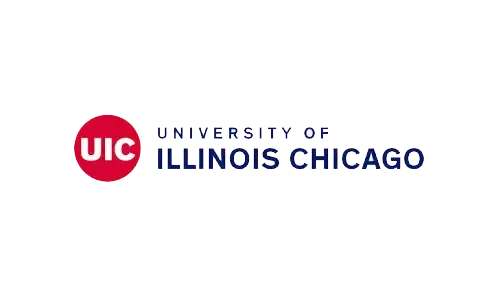
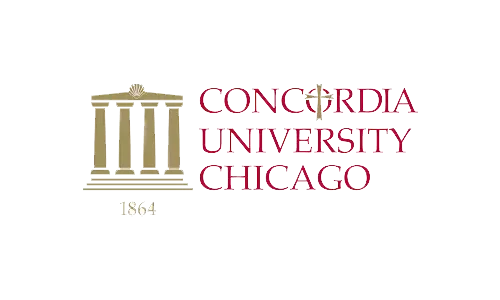
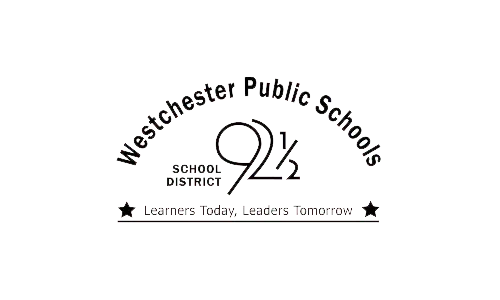
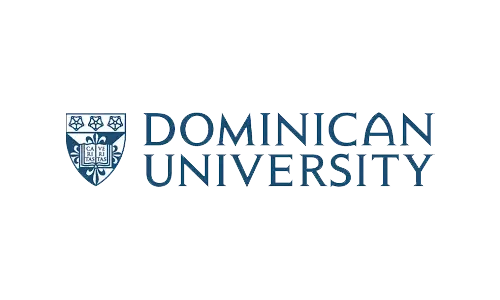
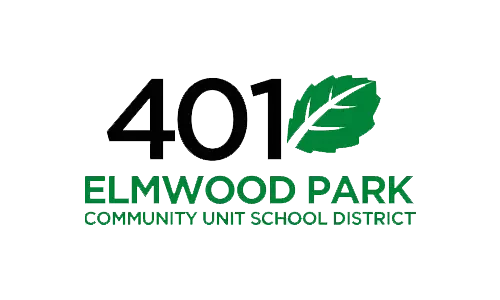
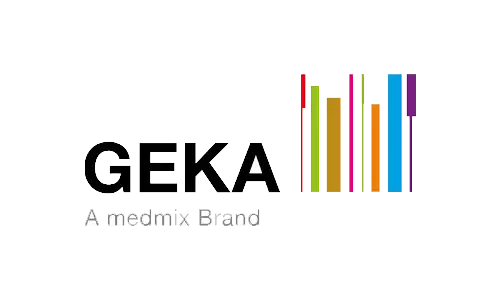
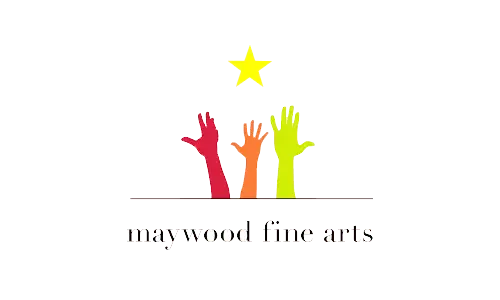

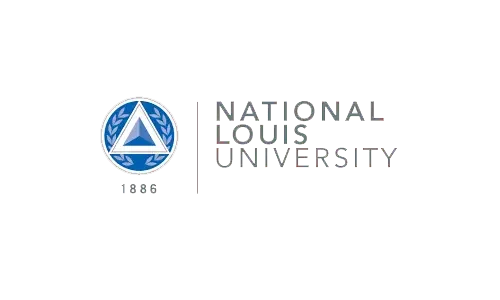
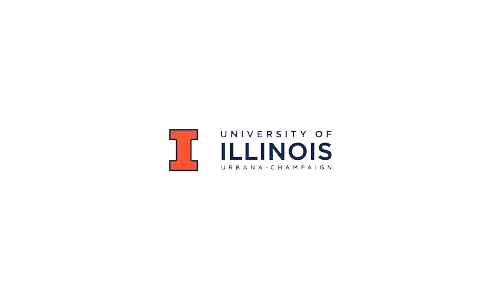
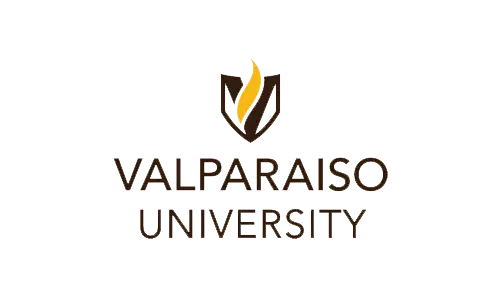
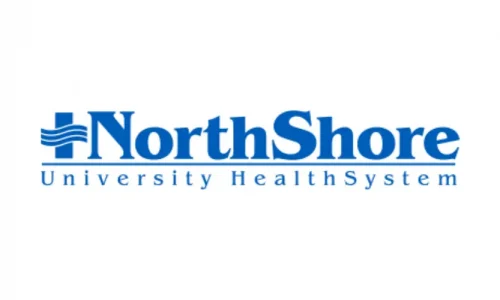
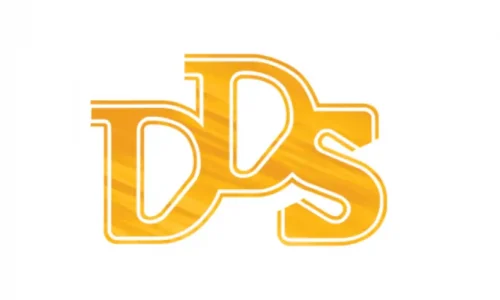
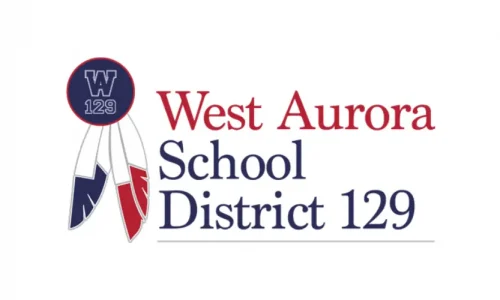
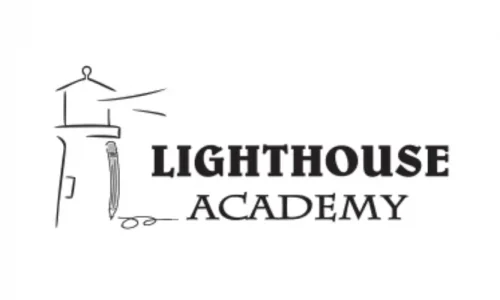
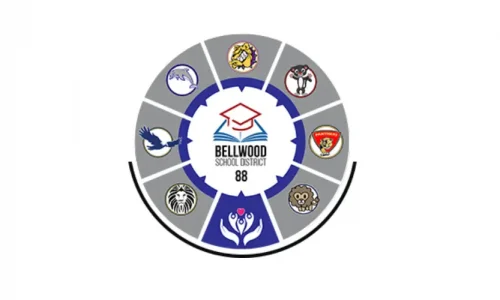
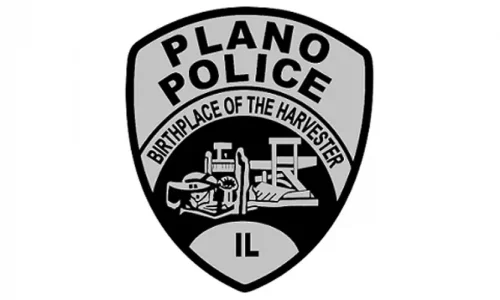
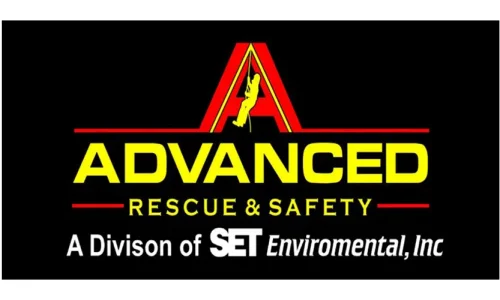


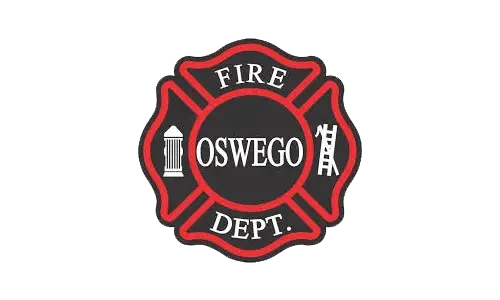
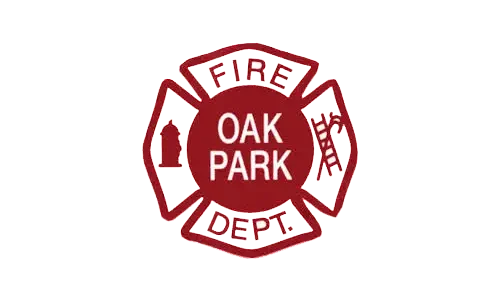

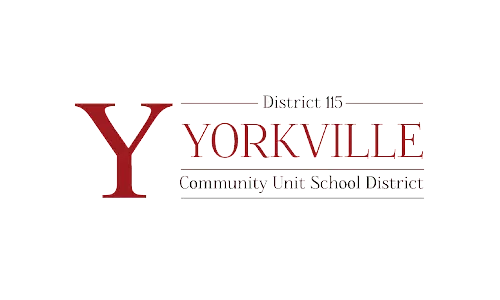
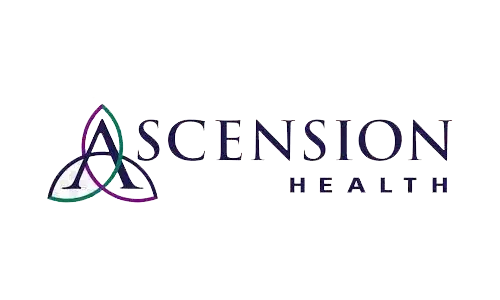
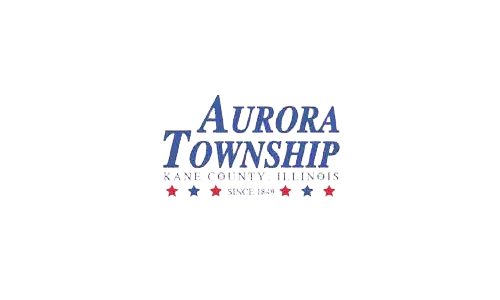
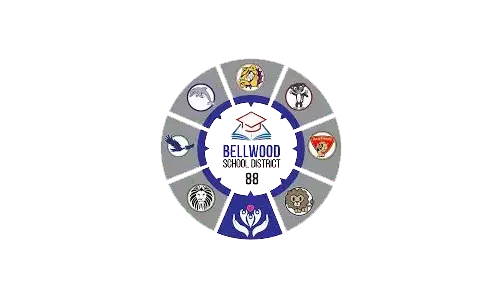
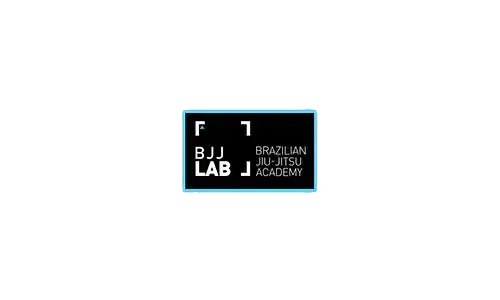
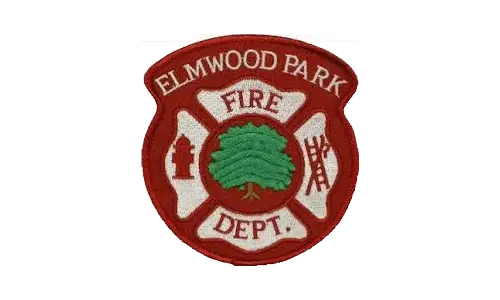
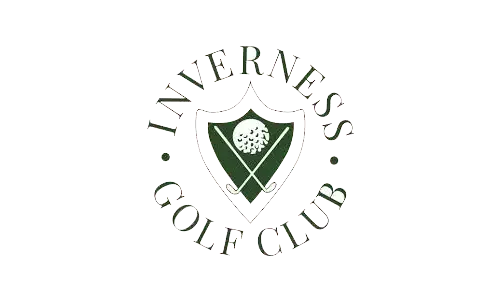
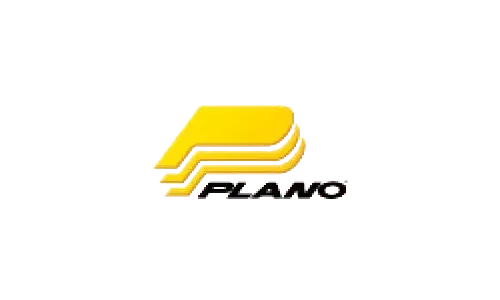
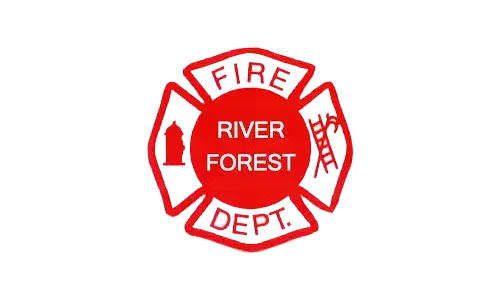
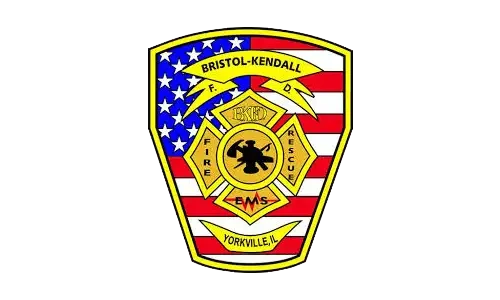
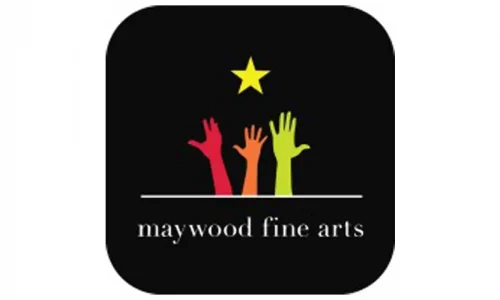
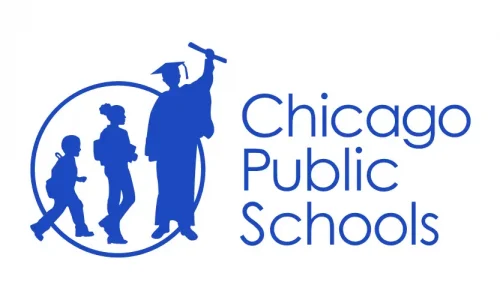
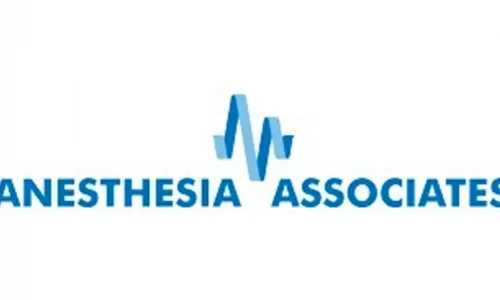
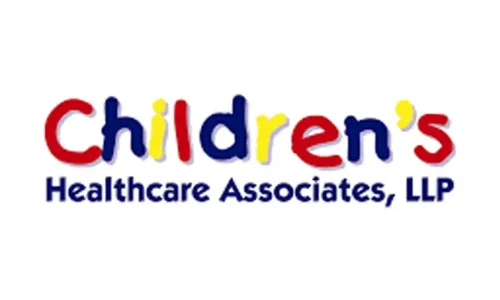
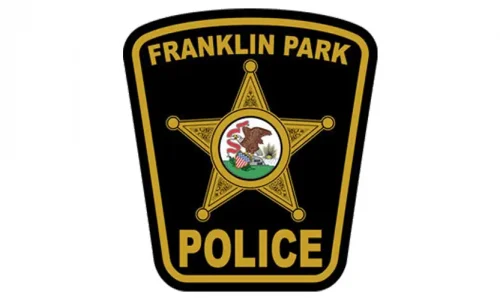
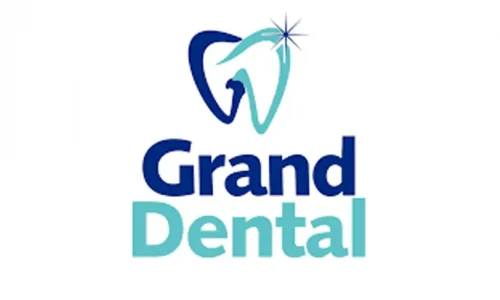
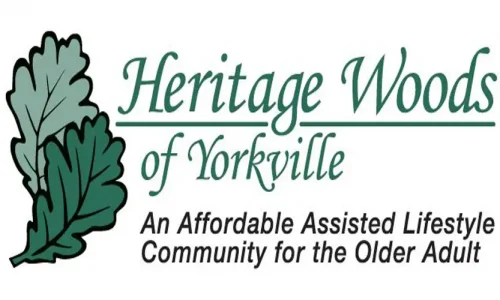
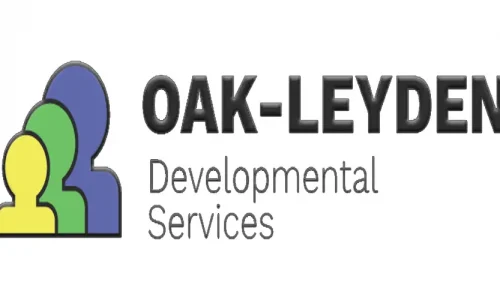
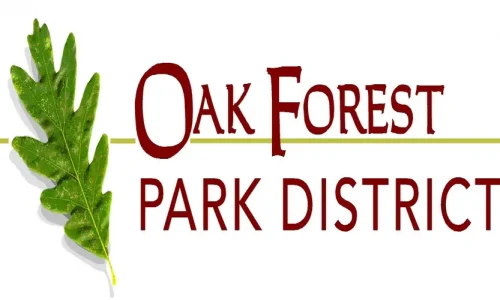
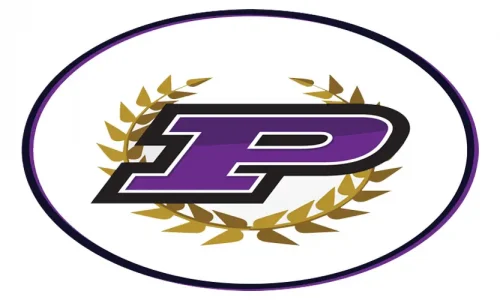

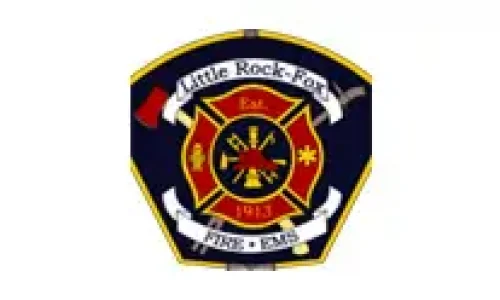
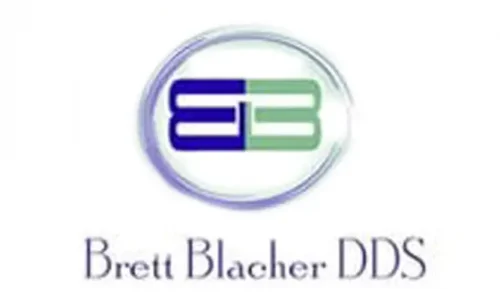
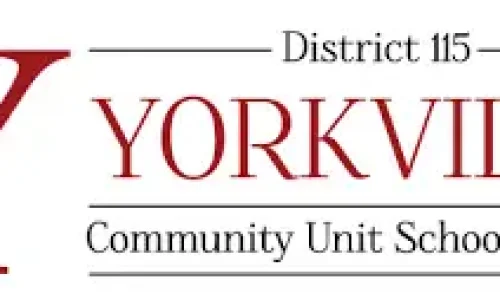


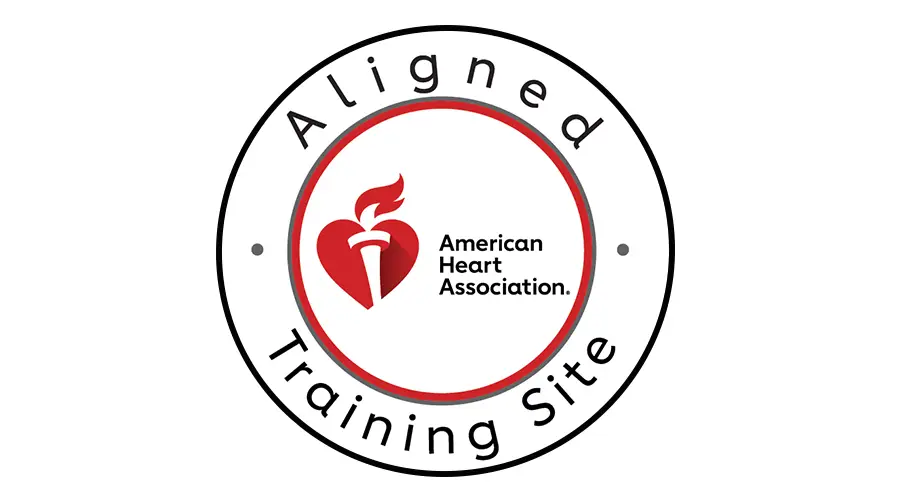
 Powered by
Powered by